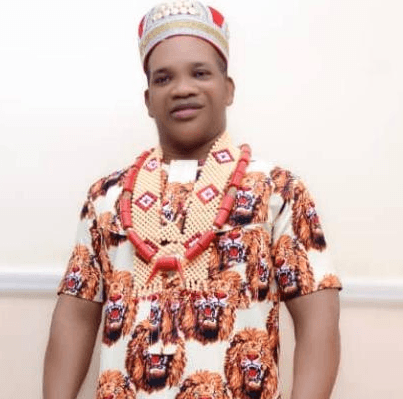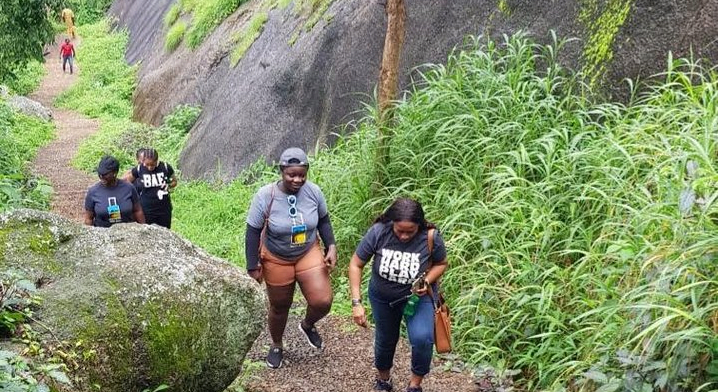Every December, roads leading to Eastern Nigeria come alive with a flurry of activity. From bustling airports to packed interstate highways, the Igbo people of southeastern Nigeria embark on a yearly pilgrimage to their ancestral homes. This phenomenon, fondly referred to as “Igbos going home,” is more than a travel trend—it’s a deeply rooted cultural tradition that speaks to the soul of Igbo identity.
The Heart of the Igbo Homecoming

For the Igbo, the concept of “home” goes beyond the physical structure of a house. Home is a place of identity, a sanctuary where roots run deep, and a center where the living, the dead, and the yet unborn converge in an unbroken circle of life. Returning home at the end of the year is not just about visiting; it is about reconnecting with one’s origins, paying homage to ancestors, and reaffirming ties to family and community.
Why December?
December holds a special place in Igbo culture. It marks the end of the harvest season, a time of thanksgiving for the year’s blessings. It is also a period of celebration, with weddings, festivals, and cultural events filling up community calendars.
For many Igbos living in Nigeria’s cities or abroad, the Christmas season is a rare opportunity to reunite with extended family. It is a time when brothers, sisters, uncles, aunts, and cousins gather under one roof, rekindling bonds that time and distance may have dimmed.
The Spiritual Connection
At the heart of the homecoming is the Igbo belief in ancestral veneration. Igbos hold a profound respect for their lineage, and returning home often includes visiting ancestral graves, offering prayers, and participating in family rituals. These acts reinforce the bond between the living and the spiritual realm, ensuring that blessings flow from generation to generation.
Community and Cultural Celebrations
The end-of-year period in Igbo land is synonymous with joy and festivity. Communities organize events that showcase Igbo culture, including:
- Traditional Weddings: December is peak season for Igbo traditional weddings, with vibrant ceremonies steeped in cultural rites.
- Masquerade Festivals: Known as Mmanwu, these colorful displays of masked dancers bring to life Igbo folklore and spirituality.
- Village Meetings: Known as Nzuko Umu Obodo, these gatherings allow for discussions on community development, family updates, and the future of the village.
Economic Impact
This mass migration also boosts the local economy. Igbos returning home contribute significantly to businesses, from transportation and hospitality to markets and artisans. Towns and villages transform into bustling hubs, with traders and service providers enjoying a seasonal boom.
Challenges of the Homecoming
The yearly homecoming isn’t without its challenges. Heavy traffic on major routes, inflated travel costs, and limited accommodation options can test even the most determined travelers. Yet, these hurdles pale in comparison to the joy of reuniting with loved ones and reconnecting with the land of one’s birth.
Preserving the Tradition
As globalization and urbanization reshape the Igbo way of life, the end-of-year homecoming serves as a powerful reminder of the importance of heritage and community. It ensures that the younger generation, many of whom are born and raised outside Igbo land, remain connected to their culture and traditions.
Where to Stay
If you are in Mbaise, Imo State part of Imo State or you just want a secured, serene place where you can lodge and be treated like a king or queen, then Omenma Hotel is the place to be. Check us out and you will ask your friends to join you. Book a room here.

Conclusion
For the Igbo, traveling home at the end of the year is more than a tradition; it is a celebration of life, a reaffirmation of identity, and a testament to the enduring power of family and community. As December approaches, the call of the homeland grows louder, beckoning the Igbo people to return to their roots and celebrate the gift of belonging.
After all, as the Igbo saying goes, “Ebe onye si, ka ọ na-alụ ụmụ”—where one is rooted is where they build their legacy.

